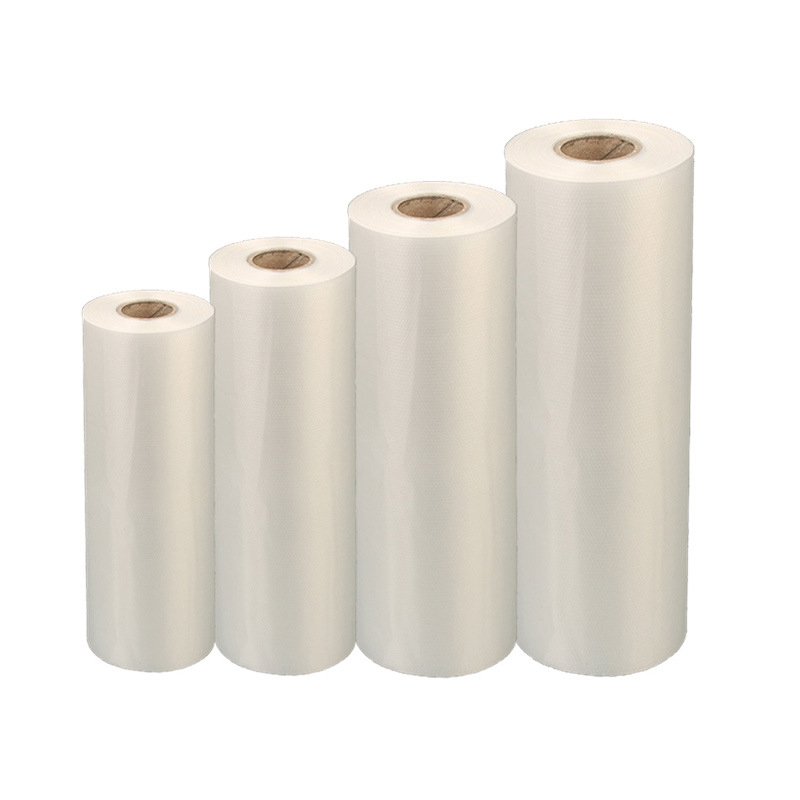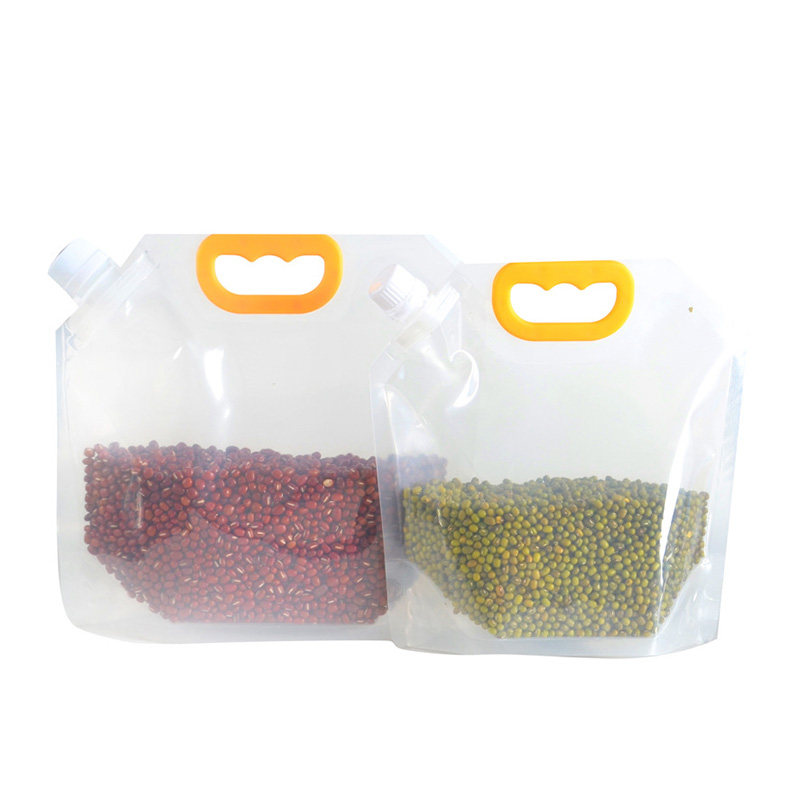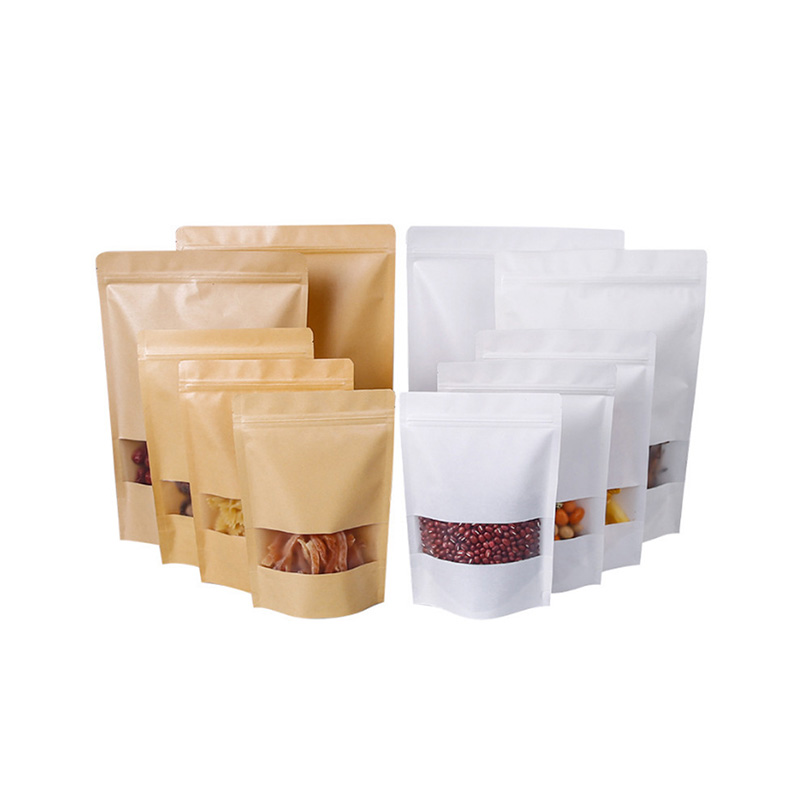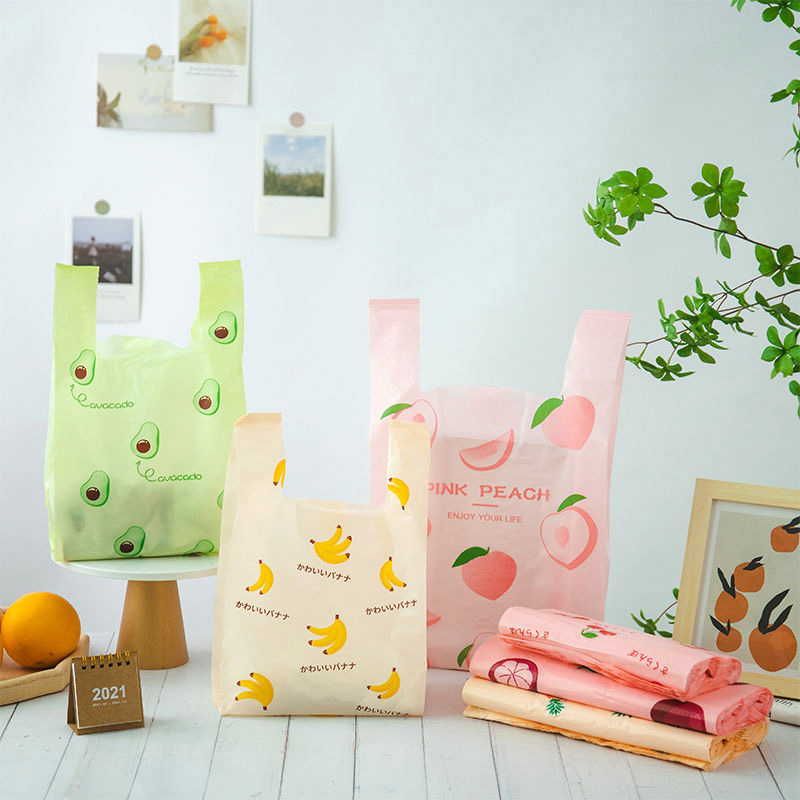China High Quality Wholesale Food Packaging Bag Exporter
In the era of environmental consciousness, the recyclability of the Wholesale Food Packaging Bag has become a critical concern for both manufacturers and consumers. As the demand for sustainable practices grows, the food industry is under increasing pressure to adopt packaging solutions that minimize environmental impact. This focus on sustainability has led to a surge in the development and use of Wholesale Food Packaging Bags that are not only functional but also eco-friendly.
The recyclability of Wholesale Food Packaging Bags is a multifaceted issue that involves material selection, design, and the end-of-life management of the packaging. Manufacturers are tasked with creating bags that are durable enough to protect the food items they contain, yet easy to recycle once they have served their purpose. This balance is crucial in ensuring that Wholesale Food Packaging Bags do not contribute to the growing problem of plastic waste in landfills and oceans.
One of the primary ways to enhance the recyclability of Wholesale Food Packaging Bags is by choosing materials that are inherently recyclable. Materials such as polyethylene and polypropylene are commonly used due to their strength and flexibility, and they are also among recycled plastics globally. However, the recycling process for these materials can be complex, and the quality of the recycled material often decreases with each cycle, limiting its reuse potential.
To overcome this, some manufacturers are turning to biodegradable or compostable materials for their Wholesale Food Packaging Bags. These materials break down naturally over time, reducing the environmental burden. However, the compostability of these bags must be communicated to consumers, as improper disposal can cause these bags to end up in traditional recycling streams, where they can cause contamination and processing issues.
In addition to material selection, the design of Wholesale Food Packaging Bags also plays a significant role in their recyclability. Bags that are made from a single material or are free from non-recyclable components such as adhesives, coatings, or multiple layers of different materials are easier to recycle. This simplicity in design not only facilitates the recycling process but also reduces the energy required to separate and process the materials.
Education and clear labeling are also essential components in promoting the recyclability of Wholesale Food Packaging Bags. Consumers need to be informed about the correct disposal methods for these bags, including whether they are suitable for curbside recycling programs or if they require special disposal at designated recycling facilities. Clear, concise labeling that indicates the bag's recyclability and any specific disposal instructions can greatly improve the chances of these bags being recycled correctly.
Furthermore, the collaboration between manufacturers, retailers, and waste management companies is vital in streamlining the recycling process for Wholesale Food Packaging Bags. By working together, these stakeholders can develop comprehensive recycling programs that not only increase the recycling rates of these bags but also promote a circular economy where materials are continuously reused and repurposed.
In conclusion, the recyclability of Wholesale Food Packaging Bags is a complex issue that requires a holistic approach. By selecting recyclable materials, designing bags with recycling in mind, educating consumers, and fostering collaboration across the supply chain, the food industry can significantly improve the environmental performance of its packaging. As consumers become increasingly aware of the environmental impact of their purchasing decisions, the demand for recyclable Wholesale Food Packaging Bags is likely to grow, making this an essential consideration for manufacturers looking to future-proof their products and operations.

 English
English Español
Español عربى
عربى







